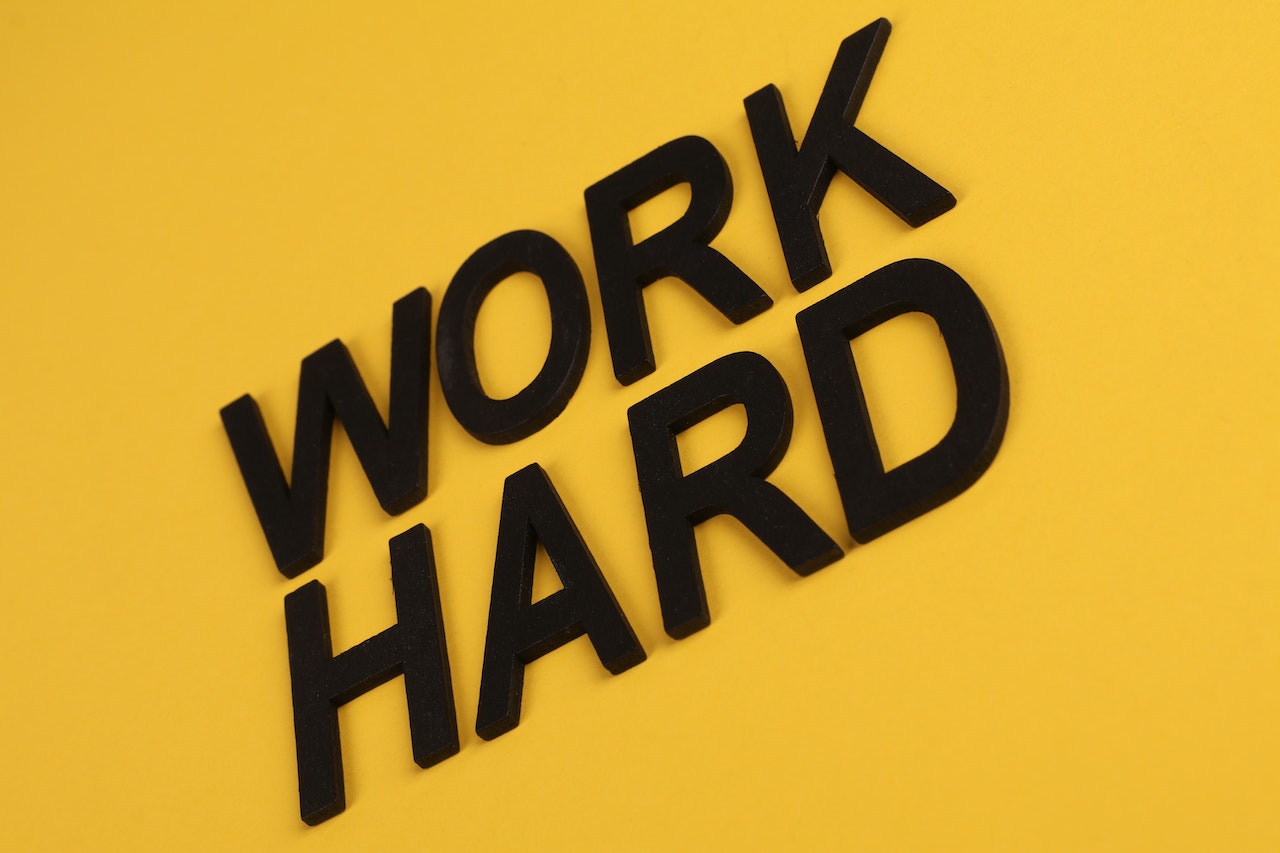Having a strong work ethic is mentioned as being an attractive attribute for employees to have by employers operating in all sectors. But let’s start from the basics, what is work ethic?
Work ethic describes the attitude an employee has towards their job. HBR defines it as follows: “Work ethic refers to a set of moral principles, values, and attitudes around how to act at work. It often surrounds what behaviours are commonly acceptable and appropriate (or not).”
Therefore, it is all about how we behave at work, signalling that we are not only there to do a job, but to participate in a community that promotes a sense of belonging whilst working towards reaching company objectives.
A person can have a good or bad work ethic. Such behaviours are learnt, probably most of them through the values instilled in us through our upbringing and education. However, these are also learnt and consolidated through work experience, where we learn what is appropriate, acceptable and desirable behaviour to co-exist in a work environment and thrive.
A number of employers I speak to state that the current workforce does not know what good work ethic is. And this leads me to ask, have we become so relaxed in our outlook towards work that this is the case? I am inclined to believe not, as the people I work with generally have a strong work ethic. However, I do acknowledge that certain individuals lack the awareness of what is appropriate and desirable behaviour at the workplace.
So, what does having a strong work ethic mean? Having a good work ethic means having a mindset that demonstrates determination and commitment toward one’s career. Such individuals give importance to their professional success and demonstrate attitudes and values that make them exceptional workers.
Individuals with a good work ethic tend to demonstrate specific behaviours. Having a good work ethic is a skill that can be obtained by transforming your outlook towards work. At times it takes minor adjustments that will have a large impact. These specific behaviours are:
- Dependability – these employees meet deadlines set and present high-quality work.
- Commitment – people with strong work ethic are committed to the work they are doing and to getting the job done and identify well with the company’s values.
- Self-discipline – these individuals are strict with themselves and expect themselves to do a good job in an organised and efficient manner. They strive to exceed expectations and seek out ways to develop themselves.
- Efficiency – they strive to complete tasks in the least time possible and so get more things done.
- Professionalism – they demonstrate a professional attitude through their attire and in how they speak and behave.
- Punctuality – these individuals are punctual and respect their and others’ time.
- Collaborative – collaborate willingly with other team members on various projects and assist them in case of any difficulty. Are good team players.
- Integrity – are guided by ingrained values and are transparent and fair in their behaviour. They speak their mind and act on what they believe in.
- Accountability – are self-driven and take full responsibility for assigned tasks to ensure achievement of the project objectives
So, the above are the behaviours that individuals with a strong work ethic exhibit. But, what can you do if you want to work on your work ethic?
1. Acknowledge that you are an ambassador of the company and act likewise – always speak highly of the company and explore ways of how you can improve the business.
2. Prioritise your professional responsibilities – try to maintain good attendance, arrive for meetings early or on time, use work time for work.
3. Always seek to learn and develop professionally – apart from work experience, you can also research what courses you can undertake to improve your skills.
4. Check your work – to ensure that you are delivering high quality work. Manage your time effectively to ensure that each deliverable gets the required time and attention it requires.
5. Show respect to others – be respectful, focused and organised in your behaviour as well as actions.
6. Cultivate self-discipline.
As you may note, some of the things I mention in this article are elements that we usually take for granted at the workplace. However, when someone does not exhibit a strong work ethic, they can stick out like a sore thumb.
Take for example a person who always arrives late for meetings. Although the person may deliver exceptional work, his behaviour signals a lack of respect to colleagues and lack of time management which in turn puts him in a bad light. Therefore, it is essential that we create awareness on what behaviour is expected and what good work ethic means, so that the work place presents a positive environment for all those who contribute to it.
6 morning routine mistakes to avoid that could cost you productivity
There are easy and effective ways to set the right tone from the start of your day.
Mistakes CEOs regret and how to avoid them
Many CEOs look back and wish they had done things differently.
6 steps business leaders must follow to address negative online reviews
Responding to online critics is an effective way of protecting a company’s reputation and building customer loyalty.
Provide feedback and show respect: 5 ways business leaders can steer a young team towards success
Millennials and Gen Z employees are on the rise, and while they are wrongly viewed as ‘unmotivated’ and ‘entitled’, they ...









